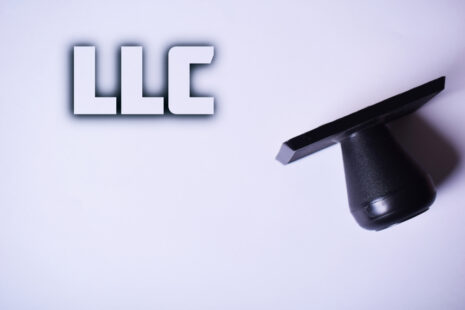As an LLC owner, there are several methods you can use to pay yourself, each with its implications for taxation and legal structure.
Here are some common ways LLC owners pay themselves…
1. Owner’s Draw or Distribution
- Description – Owners can take money out of the business as an owner’s draw or distribution, which represents a withdrawal of profits from the LLC.
- Tax Implications – Owner’s draws are typically not subject to payroll taxes such as Social Security and Medicare. Instead, they are considered a distribution of profits and are reported as personal income on the owner’s tax return.
- Process – Owners can transfer funds from the business bank account to their account as needed. It’s vital to keep accurate records of these transactions for tax purposes.
2. Salary or Guaranteed Payment
- Description – Owners can pay themselves a salary or guaranteed payment for their work performed on behalf of the LLC. This method is common for LLCs taxed as partnerships or S-corporations.
- Tax Implications – Salaries are subject to payroll taxes, including Social Security and Medicare, as well as federal and state income tax withholding. Owners must also file employment tax returns and may be required to pay unemployment insurance taxes.
- Process – Owners can set up payroll for themselves through the LLC and receive regular paychecks like employees. It’s essential to comply with federal and state labor laws and tax regulations when setting up payroll.
3. Profit Distributions
- Description – LLC owners can receive distributions of profits based on their ownership percentage in the LLC. These distributions are typically made periodically, such as quarterly or annually.
- Tax Implications – Like owner’s draws, profit distributions are not subject to payroll taxes. They are taxed as personal income on the owner’s tax return.
- Process – Owners can receive profit distributions in the form of checks, direct deposits, or other methods agreed upon by the LLC members.
4. Reinvestment
- Description – Instead of taking money out of the business, LLC owners may choose to reinvest profits back into the business to fund growth, expansion, or new initiatives.
- Tax Implications – Reinvested profits remain in the business and are not subject to immediate taxation at the owner’s level. However, they may be subject to taxation when realized as income in the future.
- Process – Owners can leave profits in the business bank account or use them to purchase assets, invest in marketing or research, or pay down debt.





